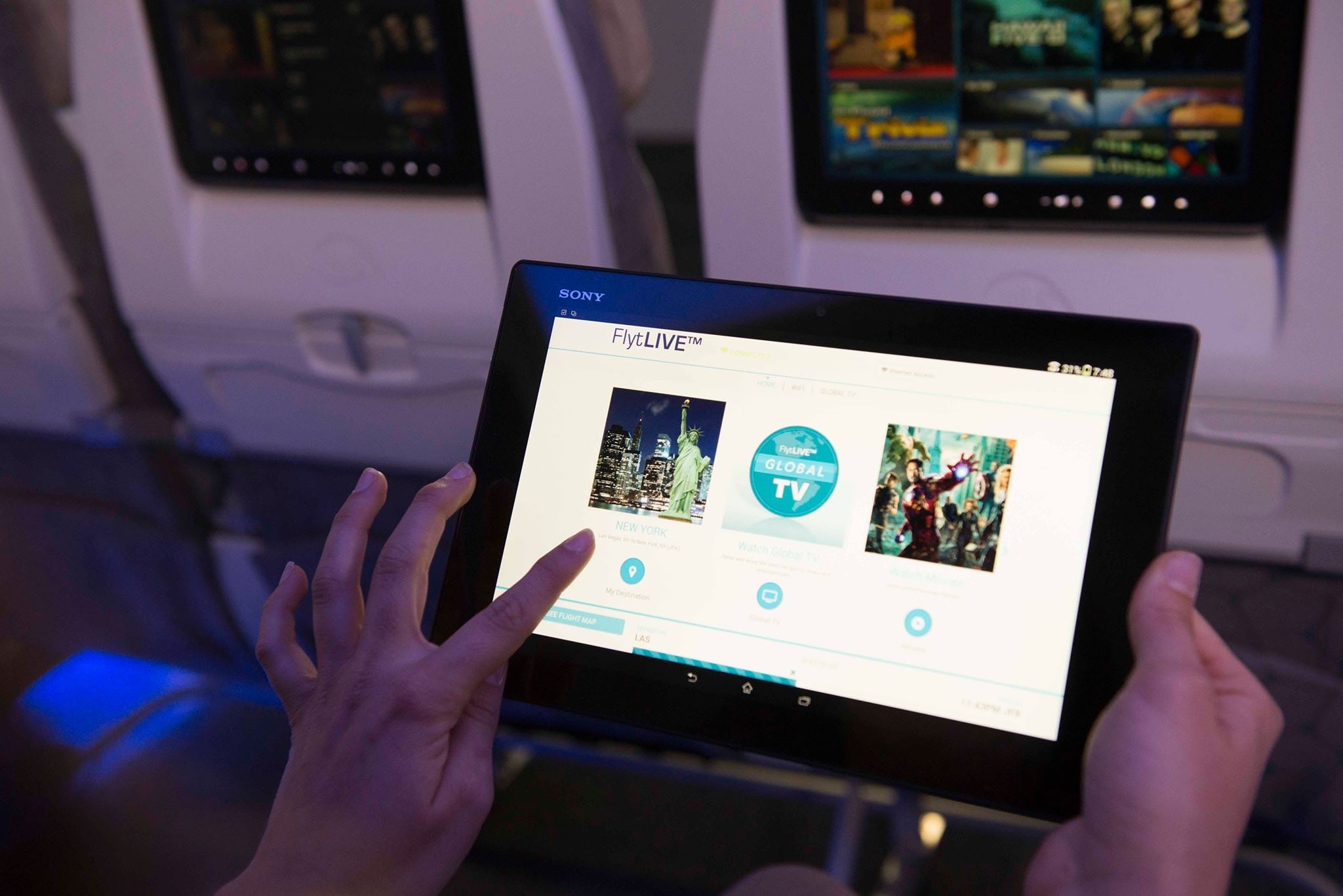Yet Another Company Promises to Revolutionize U.S. Airline Wi-Fi

Skift Take
Thales is a late-comer to the U.S. market, and it's not clear that its technology is any better than what is already on the market or is planned by other companies.
U.S. airlines seeking faster, more reliable Wi-Fi soon will have a new option, after France's Thales, which has long focused on created embedded in-flight entertainment systems for passenger cabins, said Monday it will sell its own Internet platform in the Americas.
Thales is working with Luxembourg-based satellite operator SES to produce the new system, and it will be operational next summer. At first, the platform will rely on two Ka-Band satellites already in orbit, but the companies plan to launch a third satellite in 2020 that they claim will be optimized for the aviation market. Once the third satellite called SES-17 is operational, the system will work best over North
